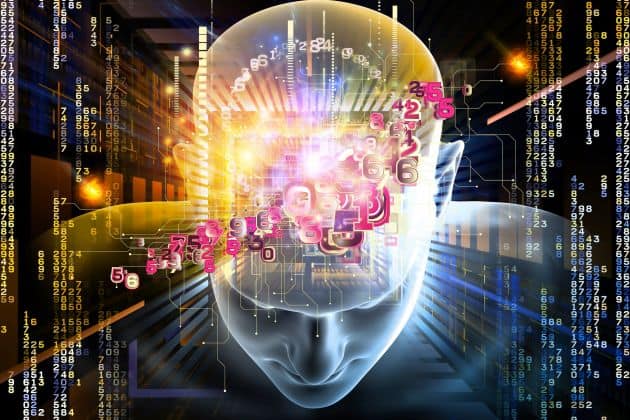A group of scientists have made a lie detector controlled by artificial intelligence (AI), which they hope can be used at airports. The group is now making the technology commercial.
The tool called Avatar was developed by a startup called Discern Science International, writes The Financial Times. Avatar has a virtual border guard who asks travellers questions. The system then determines whether a traveller is lying or not.
The system films someone’s reactions, and analyzes information such as facial expressions, tone and verbal reactions. In doing so, it seeks out deceptive signals, such as non-voluntary micro-expressions, which can be caused by the stress of trying to mislead another person.
Avatar then makes a decision about how reliable and honest a traveller is. The traveller is given a colour category of red, yellow or green. Travellers in other categories are further questioned by a human security officer.
More efficient security
Avatar is designed to make the border control process more efficient. The machine has been tested at border services and airports. Discern Science International states that Avatar is based on academic research with government funding. The system can be put on the market in six months’ time. However, there are questions about how reliable an AI lie detector is, and whether what they measure is deceptive. A similar AI-controlled lie detector, for example, failed a journalist’s test for The Intercept last week. The system stated that a quarter of the honest answers were lies.
So-called false positives can be a cause of this. For example, a machine may consider a micro-expression to be suspicious, while it is the result of pain or confusion on the part of the traveller. A traditional lie detector has similar problems: it can register something like a lie when someone is stressed or tries hard to remember something.
80 to 85 percent
Discern Science International itself, however, states that their AI is accurate. Where in 54 percent of the cases people would know if someone is lying, the accuracy of Avatar is 80 to 85 percent, according to the startup.
This news article was automatically translated from Dutch to give Techzine.eu a head start. All news articles after September 1, 2019 are written in native English and NOT translated. All our background stories are written in native English as well. For more information read our launch article.